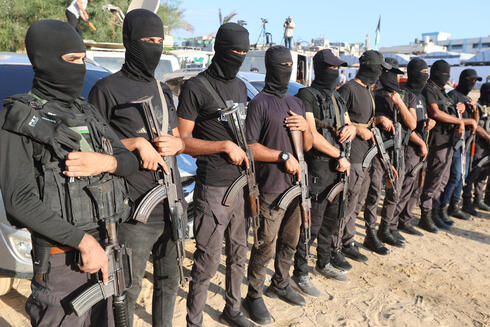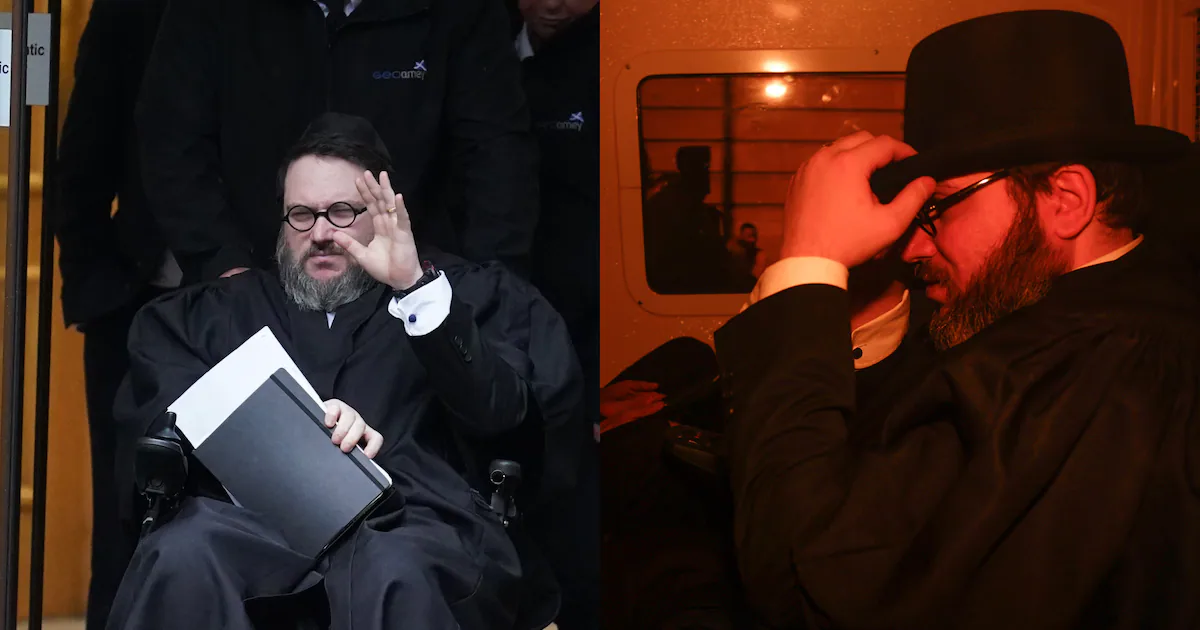Copyright ynetnews

Israeli security officials told lawmakers last week that the government assumes Hamas will not disarm, despite the terror group’s commitments under a mediated agreement meant to shape postwar Gaza. In a briefing to members of Knesset’s Foreign Affairs and Defense Committee, the officials said “the working assumption is that Hamas will not give up its weapons.” The statement referred to the group’s refusal to comply with its pledge—signed by mediators as well—to both hand over its weapons and avoid taking part in the planned technocratic government in Gaza. Sources also said that an international stabilization force is expected to enter the Gaza Strip as part of the agreement. The force, known as the ISF, is expected to include troops from Indonesia, Pakistan, and Azerbaijan. It will be tasked with maintaining internal security and policing in Gaza, as well as assisting Israel in securing the borders and preventing weapons smuggling into the territory. Indonesia has previously been mentioned as a possible future partner in the U.S.-brokered Abraham Accords. Pakistan, a Muslim-majority country with nuclear weapons, recently entered into an open defense alliance with Saudi Arabia and remains in conflict with India, a nation that maintains close relations with Israel. Azerbaijan, which borders Iran, enjoys warm ties with Israel and cooperates closely on defense and technology matters. During a Cabinet meeting last Thursday, ministers questioned Prime Minister Benjamin Netanyahu about the timetable for the second phase of the agreement. Several ministers also accused Hamas of violating the deal and deliberately delaying the return of the bodies of Israeli hostages, seeking to obstruct full implementation of the agreement—particularly the requirement to disarm the terrorist group. At Sunday’s Cabinet meeting, Netanyahu rejected claims that the United States is exercising control over Israel’s military decisions, following reports that American officials have sought advance notice before Israeli strikes in Gaza. “I want to make one thing clear: our security policy is in our own hands,” Netanyahu said. “We will not tolerate attacks against us. We respond at our discretion, as we have seen in Lebanon and, recently, in Gaza.” Netanyahu said the IDF had "dropped 150 tons of munitions on Hamas and other terrorist targets" following an attack that killed two Israeli soldiers. “We also thwart threats as they develop, before they materialize—as we did just yesterday in Gaza,” he said. “We do not seek anyone’s approval for that,” Netanyahu added. “We control our own security, and we have made it clear regarding the international forces that Israel will determine which troops are unacceptable to us. That is how we act, and that is how we will continue to act. This approach is, of course, understood and accepted by the United States, as its senior officials have confirmed in recent days.”



